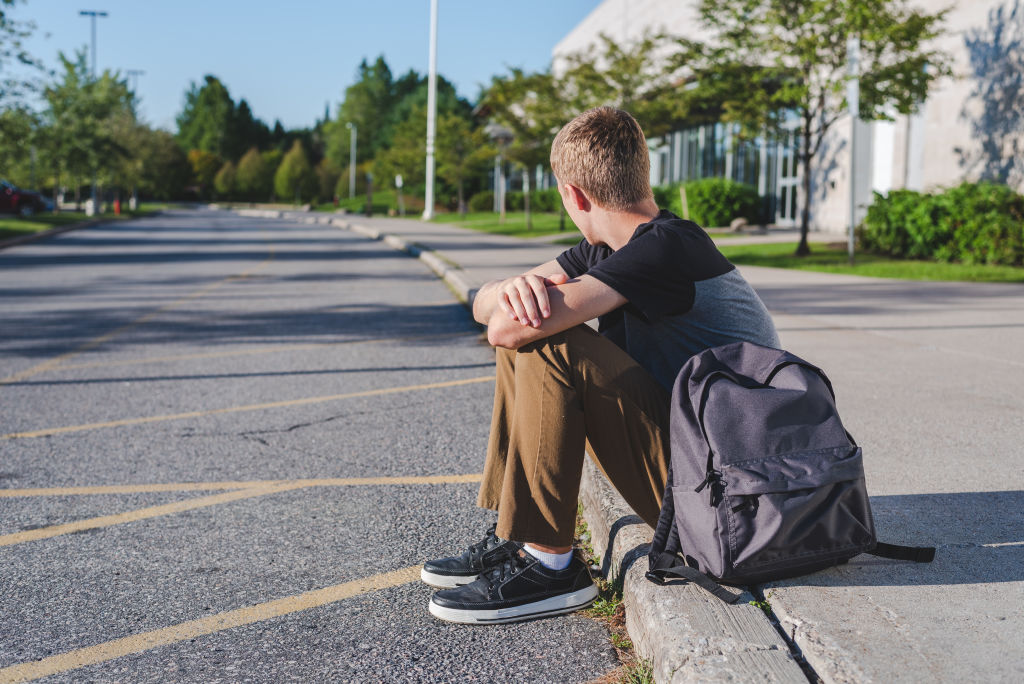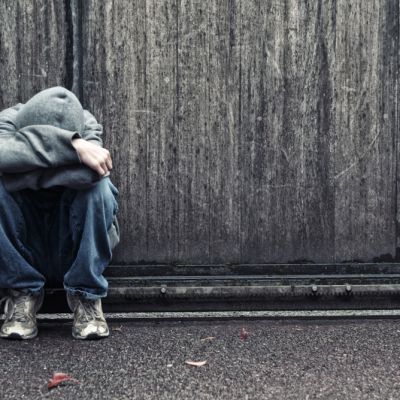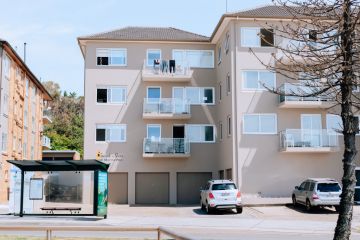Homeless young Aussies: One in six teenagers have been homeless new survey reveals

One in six Australians aged between 15 and 19 have reported being homeless at least once in their short lifetimes, a new survey has revealed, with one in five experiencing homelessness before the age of 12.
Those who experienced homelessness were also more likely to have poor mental health and be concerned about suicide.
The grim findings on teenagers and their housing and health comes from Mission Australia’s Staying home: A Youth Survey report on young people’s experience of homelessness, which asked questions of 25,126 young people about their home lives.
Statistics from the study revealed 17.1 per cent of young people had experienced homelessness, with 18.8 per cent revealing that it had happened before the age of 12.
Of those who had been homeless, 51.7 per cent reported feeling psychological distress in the survey – more than twice those that had a more stable home life.
Teenagers who had been homeless were also much more likely to run into barriers to succeeding at school or work with 67.8 per cent identifying issues with their future success.
These barriers included financial problems and a lack of family support.
They were also more likely to have been bullied, with 39.7 per cent of youth who had been homeless reporting being pushed around, twice as many as those who lived at home.
Mission Australia’s chief executive James Toomey told Domain many teenagers who had been homeless could have been sleeping rough, but could also have been couch surfing or homeless with their family.
“They may have been in a boarding house, hostel or a refuge … or in a severely overcrowded house – one with two-to-three bedrooms with four to five families living in them,” Mr Toomey said.
The survey, which was completed last year before the coronavirus pandemic, did not take into account the young people forced from their homes when COVID-19 hit.
Anecdotally, Mission Australia had heard about young people being asked to leave homes where they had been sleeping on the couch because of the pandemic or left a family home where they did not feel safe.
The pandemic had also added to the stress and mental health issues young people faced.
“On the flip side with the increase of social security payments, young people have told us they are able to buy essentials and pay the rent without needing to choose which one they can afford to,” Mr Toomey said.
As well as ensuring young people could pay the bills, there was more work needed to help young people to overcome the trauma of homelessness and mental health issues and ensure they succeed.
“We can and must take action to make real and lasting change and commit to ending youth homelessness in our country,” Mr Toomey said. “Without the stability of a safe place to call home, these young people are facing the torment of bullying, mental health concerns and ongoing family conflict.”
It was important to help young people now, to stop them from continuing to experience homelessness throughout their lives.
“The way I suppose to think about that is once you’ve experienced it — the taboo is gone and it becomes an option in the future,” Mr Toomey said. “It’s rarely a once-off experience.”
We recommend
We thought you might like
States
Capital Cities
Capital Cities - Rentals
Popular Areas
Allhomes
More









